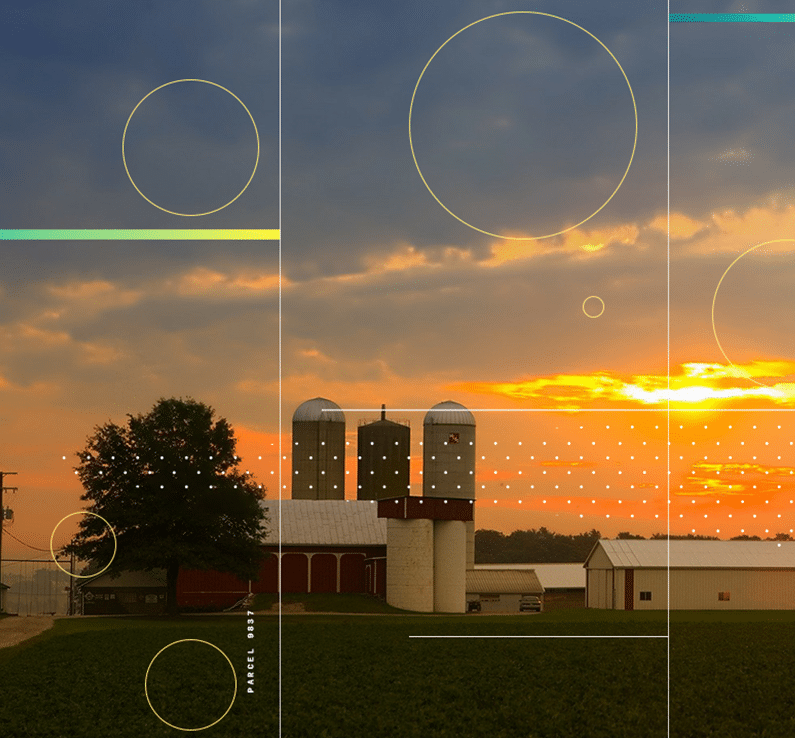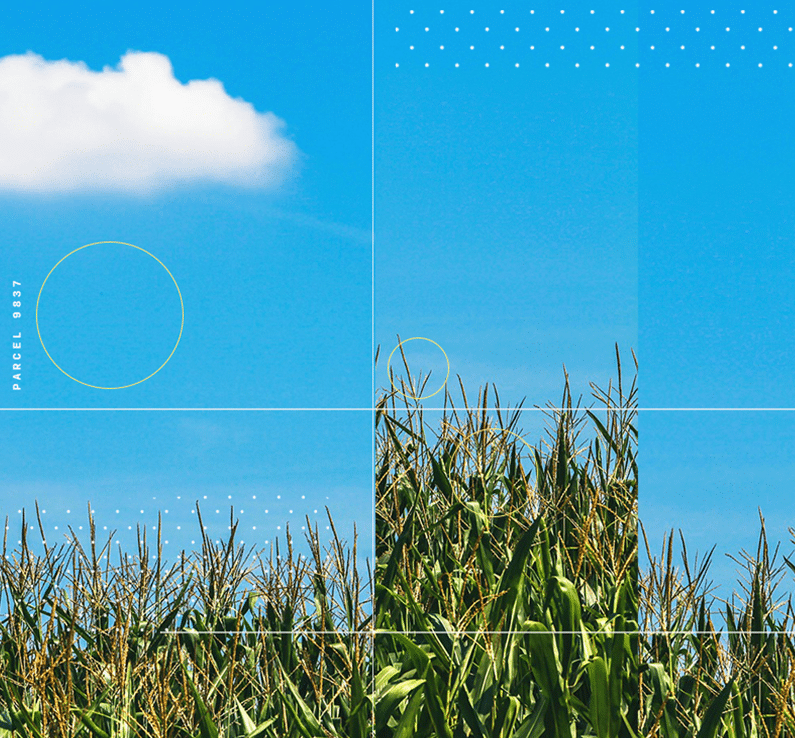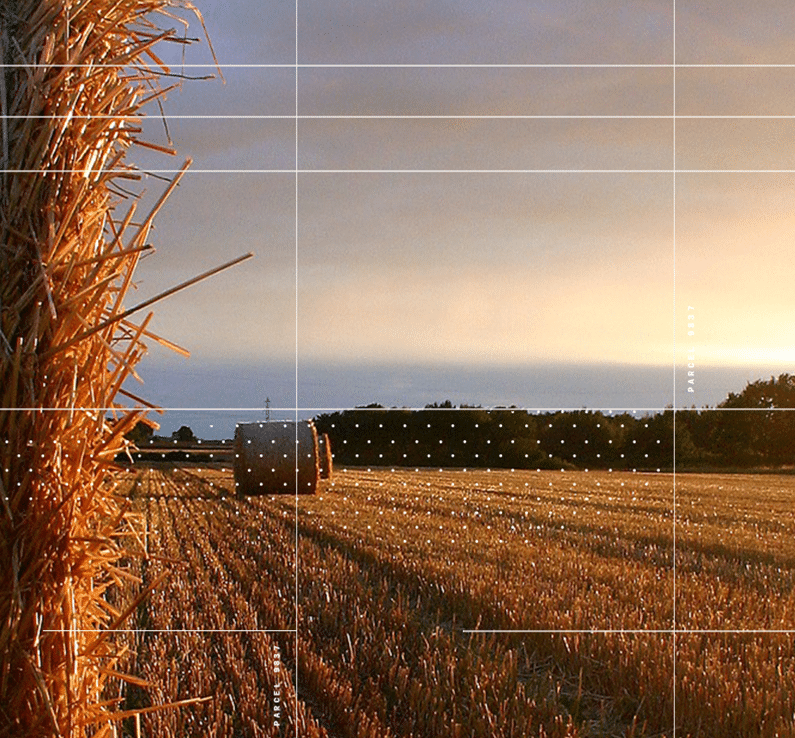Reduce Your Carbon Footprint with CIBO
Exceed your Carbon and Climate goals with Carbon Insetting and Carbon Offsetting Programs
Create Verified Carbon Credits
Offset your carbon footprint, inset to improve your environmental performance, and sponsor incentives for climate-resilient farming practices with verified carbon credits from the most respected sources. CIBO helps enterprises to sequester carbon to improve the sustainability of their operations.
Work with CIBO to build the bridge that helps farmers start regenerative practices like cover cropping and no-till, and create verified carbon credits from those practices. CIBO is working with third-party registries, including VERRA, to verify carbon credits from U.S. farmers’ regenerative practices. These practices sequester carbon while rebuilding the soil, promoting climate resilience, and reducing greenhouse gas emissions.
Learn More
Three Ways Companies Can Reduce Their Carbon Footprint
Carbon: Insetting vs. Offsetting
When enterprises start planning their sustainability goals, they typically look at their carbon footprint and need to consider if carbon insetting or offsetting is the best choice for their company. What’s the difference and the impact on the environment? Find out in our blog post.
Learn More
Meet Scope 3 Emissions Reduction Goals
Minimize supply chain carbon footprint and maximize your support of farmers. CIBO can help you quantify Scope 3 emissions in your agricultural supply chain. Understand the carbon emissions reduction potential of various regenerative practices, and incent growers to make changes through pay-for-practice programs, carbon farming, carbon offset projects, or even discounts. Monitor, verify, and report on the results.

How to Choose and Report on Your Sustainability Initiatives
Every day we hear something new about climate change, greenhouse gasses, carbon credits, cap-and-trade markets, carbon footprints, sequestration, environmental regulation, and so on. In this publication, we explore how the pieces all fit together.
Read the Definitive Guide to Carbon and Climate Commitments
Greenhouse Gas Emission Scopes 101
Embark on this path to gain the knowledge you need to start understanding and offsetting your business’s greenhouse gas emissions. Use this pathway to fast-track your knowledge of key terms, concepts, and differences between scope 1, scope 2, and scope 3 emissions.
Start the Pathway
Learn More!
Request a demo to see how the CIBO platform can be customized to your sustainability program.
Certify Regeneratively Grown Ingredients
Meet consumer demand for sustainably grown food and products. Manufacturers with ag in the supply chain can identify regenerative growers, manage grower relationships, and create incentive programs for sustainable practices. CIBO verifies regenerative farming at scale, allowing you to certify the sustainability of your ingredients while regenerating the land.

How Crop Modeling is the Key to Solving Carbon Farming
Establishing a trusted measurement method is going to be critical if carbon markets are to take off for arable farmers, enabling them to earn money in return for capturing and storing the greenhouse gas in soil. Any company or individual paying for carbon credits will want to be assured that the agreed level of carbon has been stored permanently, and probably that sequestration wouldn’t have happened anyway without the credit being issued. Find out how crop models provide that reassurance.
Learn More
How To Measure Carbon Credits With Technology
Let’s talk!
See how to CIBO can help you create a customized plan for your sustainability program.
It’s a Beautiful Partnership
When farmers use sustainable methods like no-till and cover crops, they capture and keep carbon in their fields, helping reduce and reverse climate change. The purchase of carbon credits from a carbon offset market reduces Scope 3 emissions and certifies regeneratively grown ingredients. Plus you get the peace of mind of knowing you’ve reduced your impact on the planet, while farmers get paid to do the right thing.
Learn More About Supply Chain Sustainability
Find out how to achieve unified sustainability goals by reading the Definitive Guide To Enterprise Supply & Value Chain Sustainability.
Read the Definitive Guide